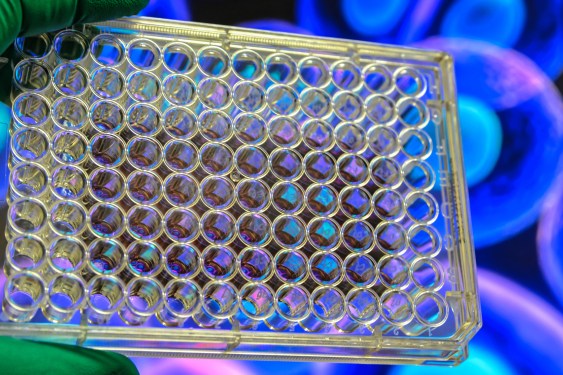Would You Eat Lab-Grown Meat? What About Beauty Products Made with Lab-Grown Collagen?
The concept of cellular agriculture, or the process of growing agricultural products from cell cultures, has been gaining momentum over the past few years. The U.S. Food and Drug Administration recently approved Upside Foods’ and Good Meat’s plan to sell their lab-grown chicken through restaurants. Both companies, along with numerous other cellular agriculture startups, have raised significant venture dollars.
However, not everyone is on board with this trend. Italy, for instance, is working to ban the use of cellular agriculture outright, and various polls have produced mixed results regarding whether people would actually eat lab-grown meat.
Beyond Meat Alternatives: The Unexplored Potential of Cellular Agriculture
Stephanie Michelsen, founder of Jellatech, a startup focused on lab-grown collagen, first realized the potential of cellular agriculture when she was working in the alternative protein sector. However, it wasn’t until she started thinking about the use cases for animal proteins beyond food that she landed on the idea of cultivating collagen.
The Unseen Opportunity: Lab-Grown Collagen
Animal proteins like gelatin and collagen have a wide range of applications beyond the realm of food. Michelsen notes that if all animal culture were to disappear tomorrow, there would be a significant gap in the market for certain products.
"For me, it was the byproducts that are only found in these animals," Michelsen said. "That is how I landed on collagen."
Jellatech’s focus on lab-grown collagen sets it apart from other cellular agriculture startups, which often concentrate on meat and seafood alternatives. By tapping into a larger opportunity, Jellatech has the potential to overcome some of the challenges facing the industry.
Overcoming Challenges: The Benefits of a Broader Approach
There are only so many distribution channels for meat, and it seems unlikely that Italy will be the only country not on board with lab-grown meat. By focusing on collagen, Jellatech is able to access a wider range of potential customers and industries.
"There are many more use cases and potential revenue streams for lab-grown gelatin or collagen than there are for meat," Michelsen said.
In addition to being used in food products, these proteins can also be used in industries like personal care and beauty, biomedicine, and materials. Each of these sectors has different regulations and cater to a wide variety of customers and businesses who may be okay with some ingredients being grown in a lab.
A Broader Approach: The Benefits for Jellatech
Jellatech’s approach has allowed the company to think more clearly about commercialization and scale. By starting small and focusing on cost-effective use cases, Jellatech can begin generating revenue sooner rather than later.
"We are not confined to this one application or industry," Michelsen said. "We realized early on we were getting interest and inquiries from different areas."
The Benefits of a Broader Approach: Access to New Markets
Jellatech’s focus on collagen has given the company access to new markets and customers that may not be interested in meat alternatives.
"By targeting collagen, we can reach more people who are looking for alternative products," Michelsen said. "We’re not limited by the fact that people don’t want to eat lab-grown meat."
Conclusion
The potential of cellular agriculture is vast, but it’s not without its challenges. By focusing on a broader range of applications, companies like Jellatech can overcome some of these challenges and tap into new markets.
As the industry continues to evolve, it will be interesting to see how companies choose to approach the market. Will they focus on meat alternatives or explore other areas? Only time will tell.
Related Stories





